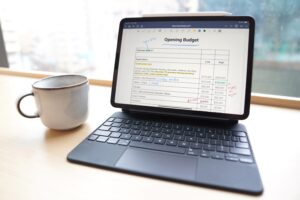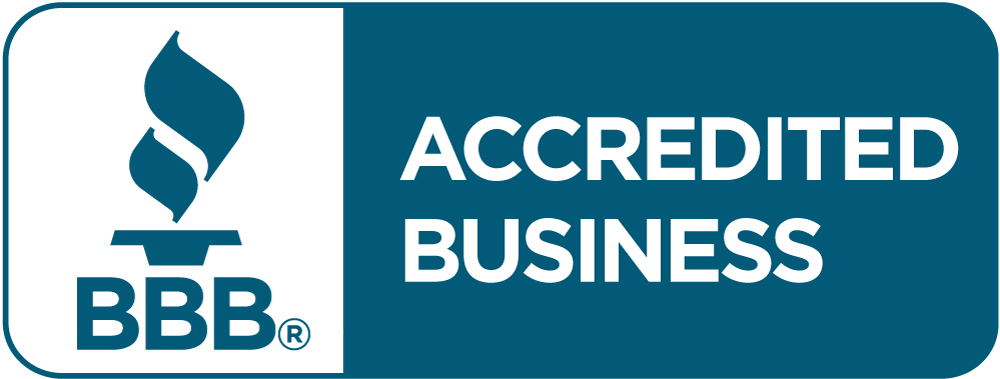Quick Links
ToggleIf you’re like many business owners, you’ve finished filing your tax returns and are now focusing on how to use your tax refund wisely. For many, this comes down to deciding which debts to pay off first. After all, reducing your outstanding debt can help you lower your overall business risk and eventually free up additional funds that you can reinvest into your business or use for other spending needs.
For business owners who have both credit card debt and installment loans, one of the most frequently asked questions is–which should you pay off first? The following guide provides a few tips that will help you weigh your options so you can make the best decision for your business.
Benefits of Paying Off Your Credit Card Debt
When deciding how to use your tax refund, you’ll want to consider putting it toward the solution that will offer you the largest bang for your buck. For many business owners, this means paying off credit card debt. Here are some reasons why.
Lower Your Interest Payments
When considering which debts to pay off first, one of the first things you’ll want to check is the annual percentage rate (APR) on each of your credit card and loan debts. Typically, revolving credit accounts, such as credit cards, have higher interest rates than traditional business or personal loans. Paying off higher-rate debt first means you’ll pay less in interest charges over the lifetime of the loan.
Improve Your Credit Score
When you pay down revolving debt, you’re lowering your credit utilization–the amount of credit you’re using versus the total amount available to you. Since this is one of the biggest factors in determining your credit score, making this adjustment can give you a significant score boost.
Steadily paying down a business or personal loan will also reflect positively on your credit score. However, this doesn’t have as large of an impact as paying down credit cards. Having a combination of installment and revolving loans can also strengthen your credit score, giving you another reason to consider taking the slow-and-steady approach to paying off installment loans.
Free Up Working Capital
When you lower your credit utilization, this also means that you’ll have additional credit available if new opportunities or spending needs arise. Many installment loans are offered for a set amount and paid out in lump-sum. This means that if you use your tax return to pay down a loan and then find that you need more funding you’ll likely need to apply again. However, since credit cards are a form of revolving credit, you can access the remaining balance as many times as you need without completing additional paperwork or waiting for approval.
Avoid Excess Interest Payments
If you’ve used a 0% credit card balance transfer to consolidate some of your loans, it’s important to read the fine print. Some of these loans charge a high interest rate on any remaining balance once the introductory period is over. Others may charge you based on the entire initial balance if you haven’t reached a $0 balance at the end of the introductory period. This can get expensive quickly, so if you’re in this situation, using your tax refund to pay off the balance is often a smart move.
When to Focus on Loan Repayment Instead
Despite the potential benefits listed above, there are a few times when it might make sense to pay down an installment loan instead. One example is if you are dealing with a payday loan or other high-interest loan. If the APR on your loan is higher than that of your credit card debt, then paying off the loan quickly will save you money in the long run.
Let Zinch Help You Keep Your Options Open!
As you can see, paying down the right debt at the right time can create a number of benefits for your business. If you’re concerned you might need your tax refund to grow your business or for other purposes, there’s no need to worry. Zinch can provide you with additional funding quickly and easily. Contact us at (714) 500-6622 to learn more about your options. You could qualify for up to $250,000 in just 24 hours.










